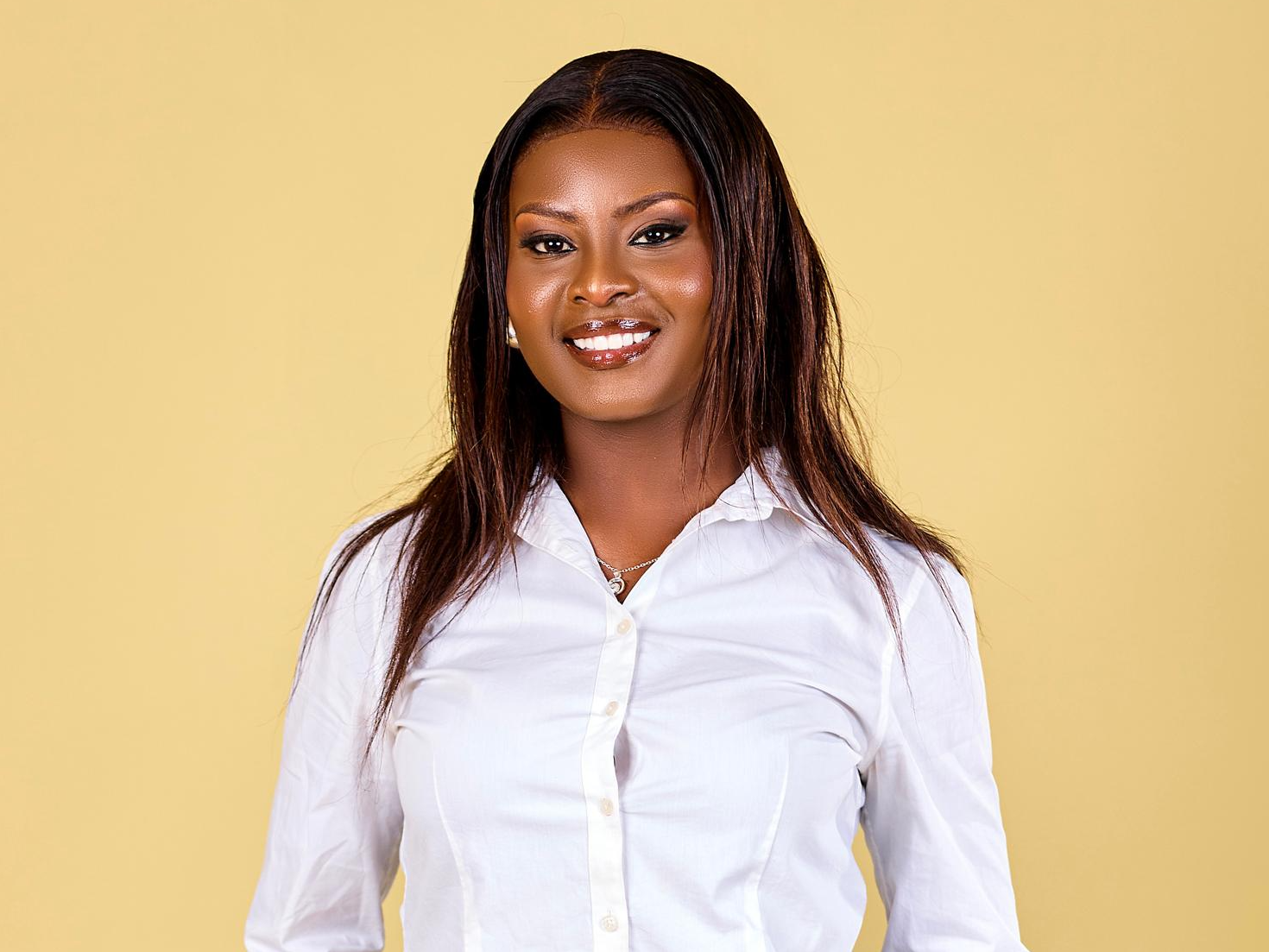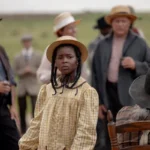As a child, Tafadzwa Kurotwi noticed the exhaustion in her neighbours’ eyes, the once-luxuriant trees that were now shedding their leaves, the patched red earth.
There seemed to be an imbalance in the world. It felt as though nature was asking for help in a language that no one understood.
In Chegutu, her hometown in central Zimbabwe, droughts had become so frequent that people now considered them as part of the seasons.
Thanks to the El Niño climate pattern, an unusual warming of the Pacific Ocean, Zimbabwe is facing its worst drought in 40 years. Over 7.6 million people (roughly half the population) are now assessed to be in need of urgent humanitarian assistance as food insecurity looms large.
Of those, 3.1 million people—drawn from 46 of the most severely affected districts—were included in a UN “flash appeal” for immediate relief between April 2024 and March 2025.
By the first quarter of 2025, sparse rainfall and dwindling crop yields had cramped many livelihoods, leaving an estimated 57% of rural Zimbabwe food insecure.
In the face of these, 26-year-old Kurotwi is driving a revolution through her youth-led organisation, Emerald Climate Hub. As a climate expert, she is harnessing innovation and community action to uplift women, promote clean energy and build resilience in vulnerable communities.
Kurotwi’s first real act of change came at sixteen, when she joined a youth programme under the Rotary Club called the Junior Councillors’ Initiative.
Although it was focused on community service and youth leadership, the initiative “motivated me and made me have a drive to continue to bring solutions, and also to participate meaningfully, especially in global and regional climates,” she explained.
She led clean-up campaigns and spoke at school assemblies, persuading elders about the ravages of climate change. Many smiled at her efforts. Others patted her on the head and said, “you’ll understand when you’re older.”
Kurotwi was certain that the environment’s decline was somehow linked to people’s suffering. So she persisted.
Blending tech with activism
In 2021, she was admitted to the Catholic University of Zimbabwe for an undergraduate degree in Information Technology and Business Management.
It was there she saw how innovation could reinforce activism. She was drawn to how technology could solve environmental problems: how mobile tools could help farmers predict droughts or how digital mapping could track deforestation.
Her passion went a notch deeper when she joined the Fridays for Future movement—the global youth climate strike inspired by Swedish climate activist Greta Thunberg. All of a sudden, she had become part of a worldwide chorus demanding climate justice.
In 2022, along with seven others, Kurotwi founded Emerald Climate Hub, a youth-led organisation committed to building innovative digital responses to climate problems.
“We wanted to do something that touches people’s lives,” she remarks.
She envisioned a space where young people could learn, design and implement climate solutions while bringing older community members into the process.
The result was the Biogas Initiative, a project that blends science and tradition to deepen human connection.
Turning waste into energy
In several communities in rural Zimbabwe, it isn’t uncommon to find women trekking as far as 10 km to fetch firewood. This heavy labour leaves their hands blistered and their bodies weary.
“You can’t just tell people to stop cutting trees,” Kurotwi explains. “You have to give them another way to live.”
Her “other way” came in the form of biogas digesters systems, which convert animal waste into clean, renewable cooking gas.
In 2024, the team installed their first digester in a small rural household in Mashonaland East. At least three rural communities across Bwera and Manicaland have also replaced firewood with the cleaner digester system.
With support from the Orchard Foundation, the project has hosted training in mushroom farming and beekeeping to generate income and restore biodiversity.
“So far, we’ve empowered about 150 women,” Kurotwi says. “Our goal is usually to train 40 per group, but each time we end up reaching almost twice that number because once women learn, they teach others.”
Reaching the target, she continues, requires sustainable funding, which is limited.
As a young woman in climate leadership, Kurotwi grapples with the age-old scepticism. “Sometimes, you walk into a room and people assume you’re just there to take notes.”
Fostering climate awareness in Zimbabwe
In 2023, she participated in the Climate Diplomacy training, a partnership between Zimbabwe’s Ministry of Environment and Climate Change and UNITA, a United Nations educational body. Together with other young people, Kurotwi was certified as a climate diplomat, which she describes as “one of the experiences that deepened my understanding of climate advocacy.”
Within the same year, she co-authored a children’s book—“Wait, Don’t Waste It”—which was launched at COP28 in Dubai. Written in simple English, the book grooms its readers in waste management and environmental care.
“We wanted to make it easy for kids to understand that small actions matter,” she explains. “Because if they learn to care now, they’ll grow up protecting what’s left.”
Kurotwi expresses her intention to pursue a master’s in International Relations and Climate Policy to further stoke her advocacy in the global climate space.
Meanwhile, by 2026, Emerald Climate Hub aims to install 30 portable household biogas units and four commercial digesters—transforming not only waste into energy but also despair into possibility.
Summary not available at this time.






